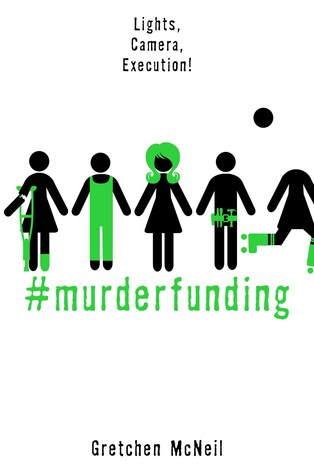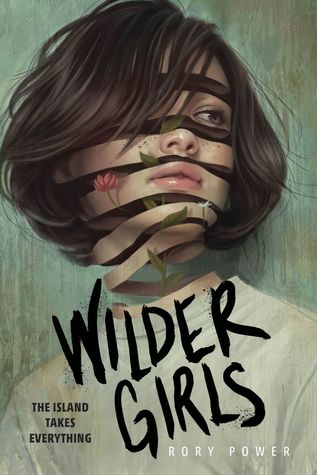Jay Reguero plans to spend the last semester of his senior year playing video games before heading to the University of Michigan in the fall. But when he discovers that his Filipino cousin Jun was murdered as part of President Duterte's war on drugs, and no one in the family wants to talk about what happened, Jay travels to the Philippines to find out the real story.
Hoping to uncover more about Jun and the events that led to his death, Jay is forced to reckon with the many sides of his cousin before he can face the whole horrible truth -- and the part he played in it.
In our last interview, you said, "I always enjoy writing my characters' emotional journeys because I get to experience it with them." Which characters have you most enjoyed writing and why?
Every character gives me the chance to experience something unique, but I think writing Jay and Jun, two of the characters in Patron Saints of Nothing were interesting in that they allowed me to explore my own identity as a Filipino American in a new way. In the story, as Jay’s trying to figure out what happened to his cousin, he’s simultaneously trying to wrestling with the feeling of having a foot in two different worlds but not feeling completely home in either. It’s something I’ve experienced, so writing his emotional arc led me to reflect on my own. Jun is the cousin who has been killed, so uncovering what happened to him in the years since he had fallen out of contact with Jay was interesting in its own way. I can’t say too much about that without giving away spoilers, though!
What a great premise! PATRON SAINTS OF NOTHING also offers a glimpse into piecing life together after a loss. What do you hope readers can glean from Jay and his journey?
I hope they understand that everyone needs the space to mourn in their own way after experiencing grief. To risk sounding like a crotchety old man, society moves at such a breakneck pace these days. As soon as something tragic happens, we rush to fix it and/or to assign blame. But I think it’s vital for our souls to take the time to identify, examine, and process our feelings so we can begin to heal. That’s not to say that we don’t then go and take action. I just think taking action without taking the time to mourn a loss can just be another form of unhealthy repression.
Indeed it can. What do you feel are the necessary parts of a good story?
Of course, the concept of “good” is subjective, but for me, I love stories that can balance it all. I want to feel a plot pulling me along, but I also want to understand the complexity of the characters so I feel invested in what happens to them. Along the way, I want the story to be told beautifully while exploring themes that explore who we are as individuals and as human beings. Also, I want that story to reflect the diverse reality of our world. I no longer have the patience for stories that are cast entirely with straight, white, cis-gendered, able-bodied people. That’s not what the world I live in has ever looked like, so I’m glad our stories no longer consistently project such a skewed perception.
Absolutely. At this year's YALLWEST, you were on a panel entitled, "That Time I Sucked." What convinced you to be a part of this, and in what ways do you feel this kind of a panel might be helpful for people?
Growing up, I tended to view artists as innately gifted people who sprung from the womb oozing effortless talent and skill. It’s only as I got older and worked towards getting a book published that I saw how much hard work, persistence, and resilience authors put into their writing. Talent will only take you so far. And luck plays a significant role, but you’re more likely to capitalize upon luck if you’ve been putting in the work. Even so, rejection and failure along the way are inevitable. They come with the territory of being a writer or artist, of taking the risk of putting your work out there. People have different tastes and different experiences, so your work is never going to be universally accepted by agents, publishers, readers, reviewers, etc. I think it’s important that we accept this and speak transparently about our own failures to help people understand that. If we only share our successes, we create a false sense of success. And if somebody buys into that, then as soon as they hit a stumbling block, they are going to give up, believing that they’re just not gifted enough.
Buy: Book Passage ~ Amazon ~ Barnes and Noble ~ Indiebound
Buy: Book Passage ~ Amazon ~ Barnes and Noble ~ Indiebound
Buy: Book Passage ~ Amazon ~ Barnes and Noble ~ Indiebound
This post can also be viewed here.












